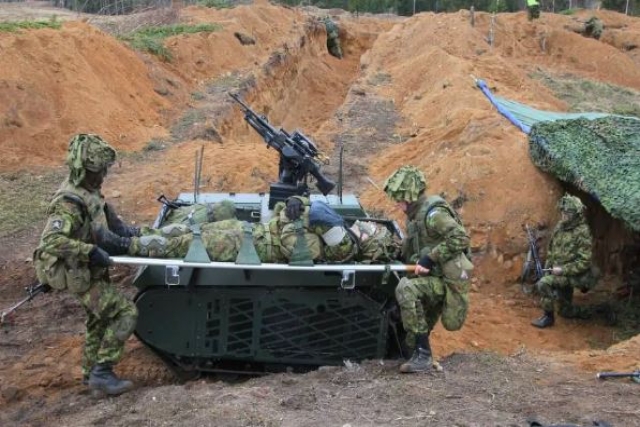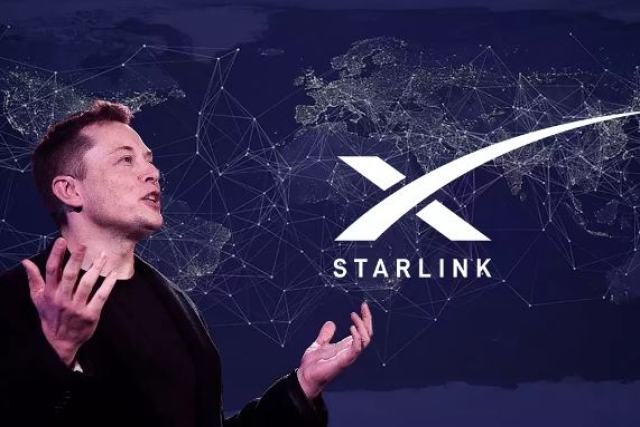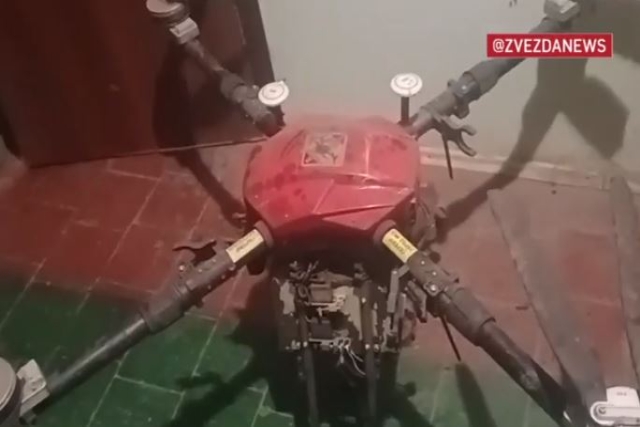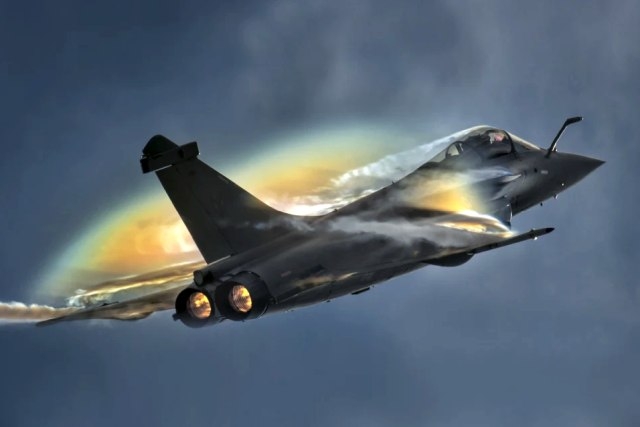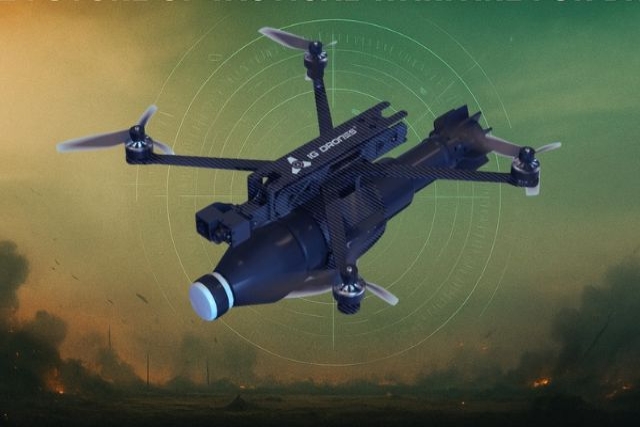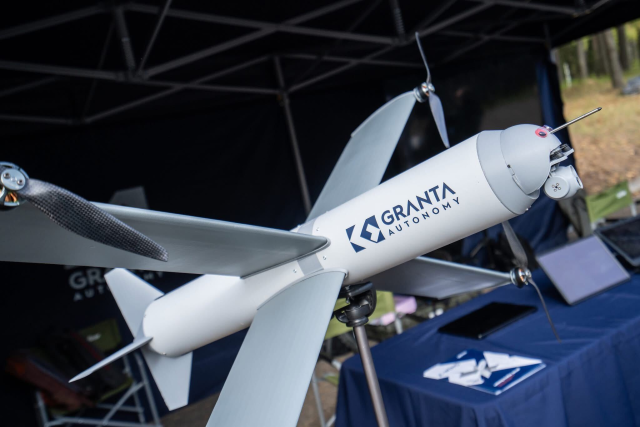Russia to Create Starlink-like Wireless Internet by 2027
Hand-held terminals that connect to Elon Musk's Starlink satellites are being used by Ukraine for battlefield communication.
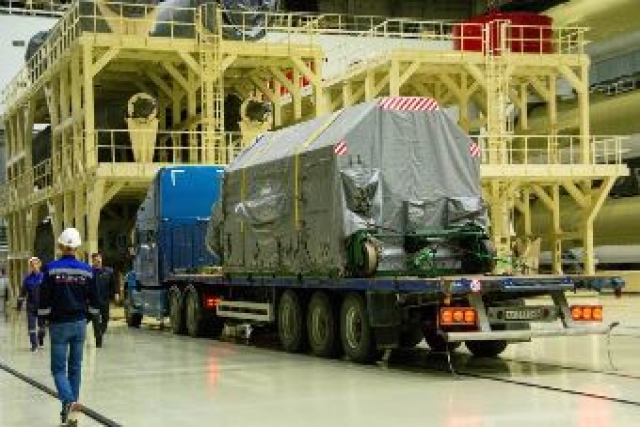
Russia aims to establish its own low-orbit satellite constellation to provide broadband internet access across the country by 2027.
This initiative, which draws parallels to SpaceX’s Starlink, was announced by Maksut Shadayev, the Minister of Digital Development of Communications and Mass Media, during the first International Technology Congress at Patriot Park.
"Our task is to form the backbone of a constellation that will offer fast and affordable internet access nationwide, including on moving objects such as trains and planes," Shadayev stated. The minister emphasized that the project is a key technological priority for Russia and reaffirmed that two test launches have already been conducted successfully.
The low-orbit satellite project is being spearheaded by Bureau 1440 LLC, a private Russian space company founded in 2020. The company aims to create a global broadband service through a constellation of more than 900 low-orbit satellites by 2035. So far, six satellites have been launched as part of two experimental missions in 2023 and 2024, with the next phase involving the deployment of 10-12 rockets annually starting in 2025. Each rocket will carry around 15 satellites.
The development of this satellite-based internet service is part of Russia’s broader national project, "Data Economy." Set to begin in 2025, the initiative includes a significant investment in internet infrastructure. The federal budget may allocate between 116 billion and 281.6 billion rubles toward the project by 2030, depending on the scenario. The final system is projected to cost 445 billion rubles, which includes both public and private funding.
By 2030, Russia plans to have 393 satellites in orbit as part of this initiative, providing nationwide broadband coverage, potentially transforming internet access in remote and hard-to-reach areas of the country.
In August 2023, Russian President Vladimir Putin directed Roscosmos and the Agency for Strategic Initiatives (ASI) to develop proposals for a satellite constellation designed to compete with SpaceX's Starlink by December 1 of that year. The aim is to create a network of low-Earth orbit satellites that could provide encrypted broadband internet, similar to Starlink, which is used by Ukrainian forces for secure battlefield communication. Starlink's satellites are small, low-altitude, and resistant to jamming due to their number and frequent protocol changes.
Ukrainian Vice Prime Minister Mykhailo Fedorov noted that over 11,000 Starlink terminals have been crucial for maintaining connectivity in war-torn areas, allowing communication even when other infrastructure is destroyed.
In a related development, Russia's Kondor-FKA radar monitoring satellite is set for launch on a Soyuz-2.1a rocket from Vostochny Cosmodrome. Officially, the satellite is for civilian purposes (geological exploration, disaster monitoring). However, its high-resolution radar capabilities (1-1.5m resolution) also enable radar reconnaissance, detecting large targets like enemy vehicles or surface ships, significantly boosting Russia's orbital reconnaissance potential.
